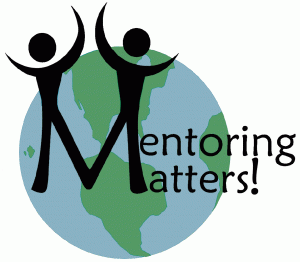On Defining the Role of Mentors and Mentees
Tell me and I forget, teach me and I may remember, involve me and I learn.
-Benjamin Franklin
Formal mentoring involves a one-on-one mentor-mentee relationship based on assignment to the relationship. Formal mentoring relationships are also characterized by an experienced professor (mentor) taking an active role in developing the academic career of a new faculty member (mentee) by offering guidance, support, and advice. Mentors guide with their “inside knowledge” of the norms, values and procedures of the institution and from a depth of professional experience. Access to this often tacit knowledge enables mentees to enjoy a “quick start” in their new academic environment. Research in the area of mentoring reveals that scholars and researchers develop successful careers more rapidly in academic environments where expectations for successful performance are explicit and when intellectual strengths and career development are supported. In contrast, academe is often characterized as an environment in which norms defining successful performance are unwritten or vague, leaving new faculty to learn their roles primarily through experience
Characteristics of a successful mentee
- Clearly articulate career and professional needs
- Assume responsibility for your own professional growth and development
- Set goals and make decisions to achieve those goals
- Spend time reflecting on the achievement of goals
- Be receptive to constructive feedback
- Maintain confidentiality
Characteristics of a successful mentor
- Knowledge of the norms, values, and procedures of department, school, college, university
- Provide friendly support and help
- Introduce the mentee to colleagues and “useful” people
- Disclose where to find basic written information
- Read and critique any materials (e.g., syllabi)
- Develop mutual trust and respect
- Maintain confidentiality
- Listen actively and ask open and appropriate questions
- Provide constructive and positive feedback
- Help the mentee solve his or her own problem, rather than giving direction
The Partnership to Success: COPLA Faculty Mentoring Program is open to all faculty and instructors in COPLA. This first phase of the faculty mentor program will run from October 2013 – April 2014. After this time you may continue your partner relationship informally. Phase II of the faculty mentor program will kick off in fall 2014. At that time participants will expand their network with a new partner.





